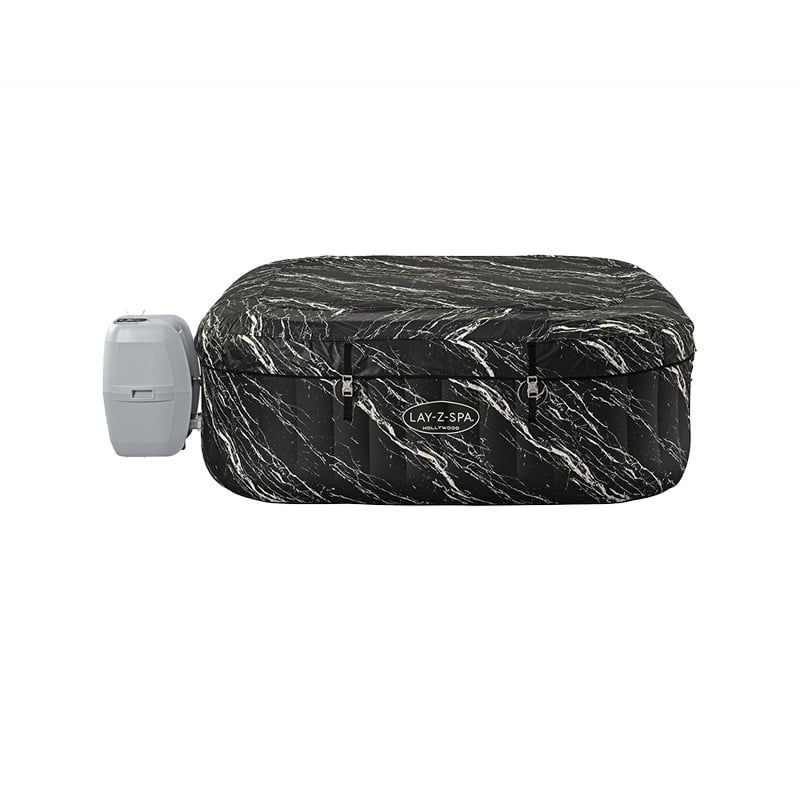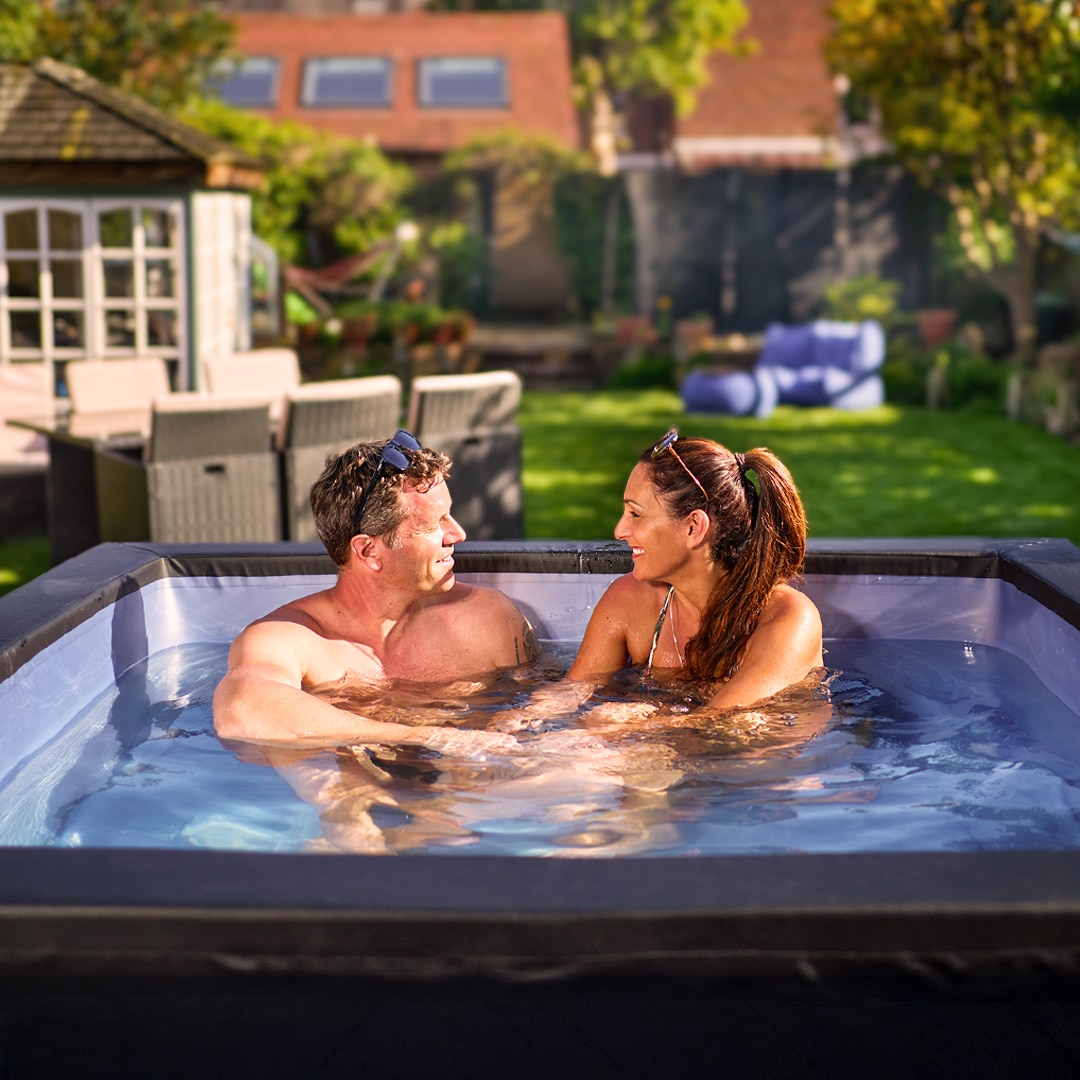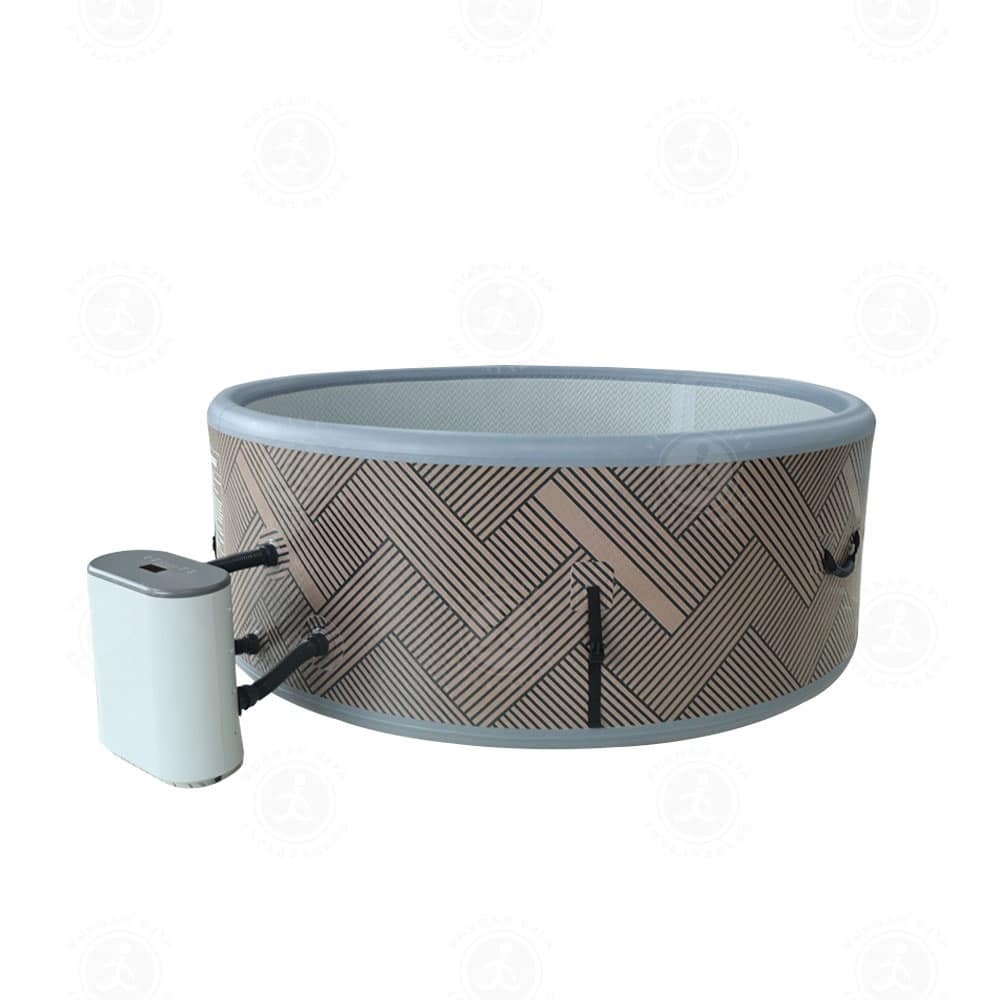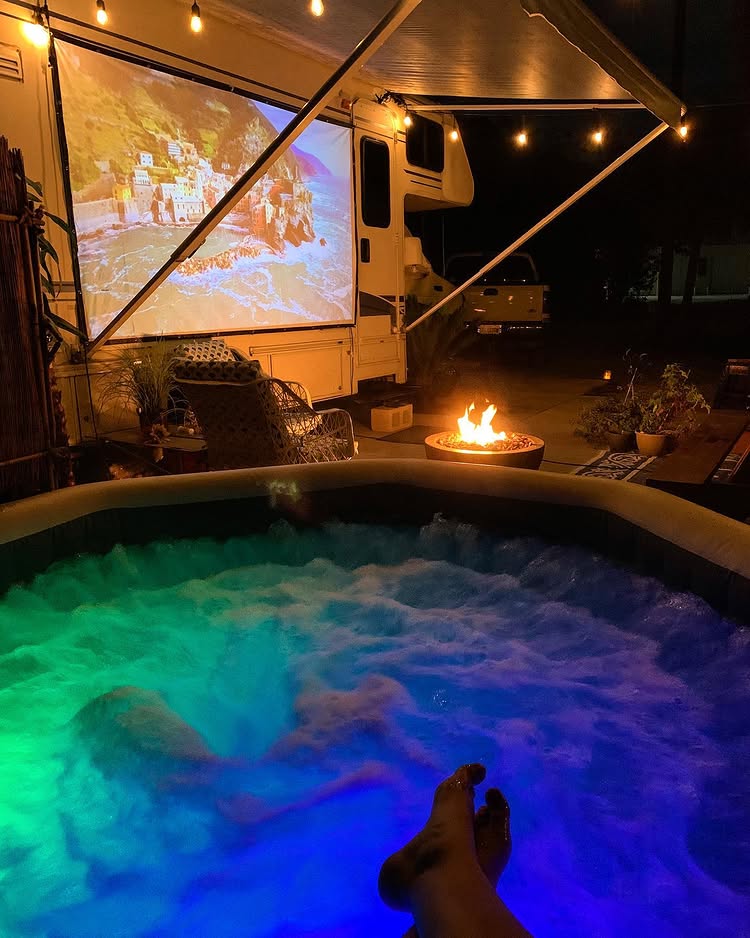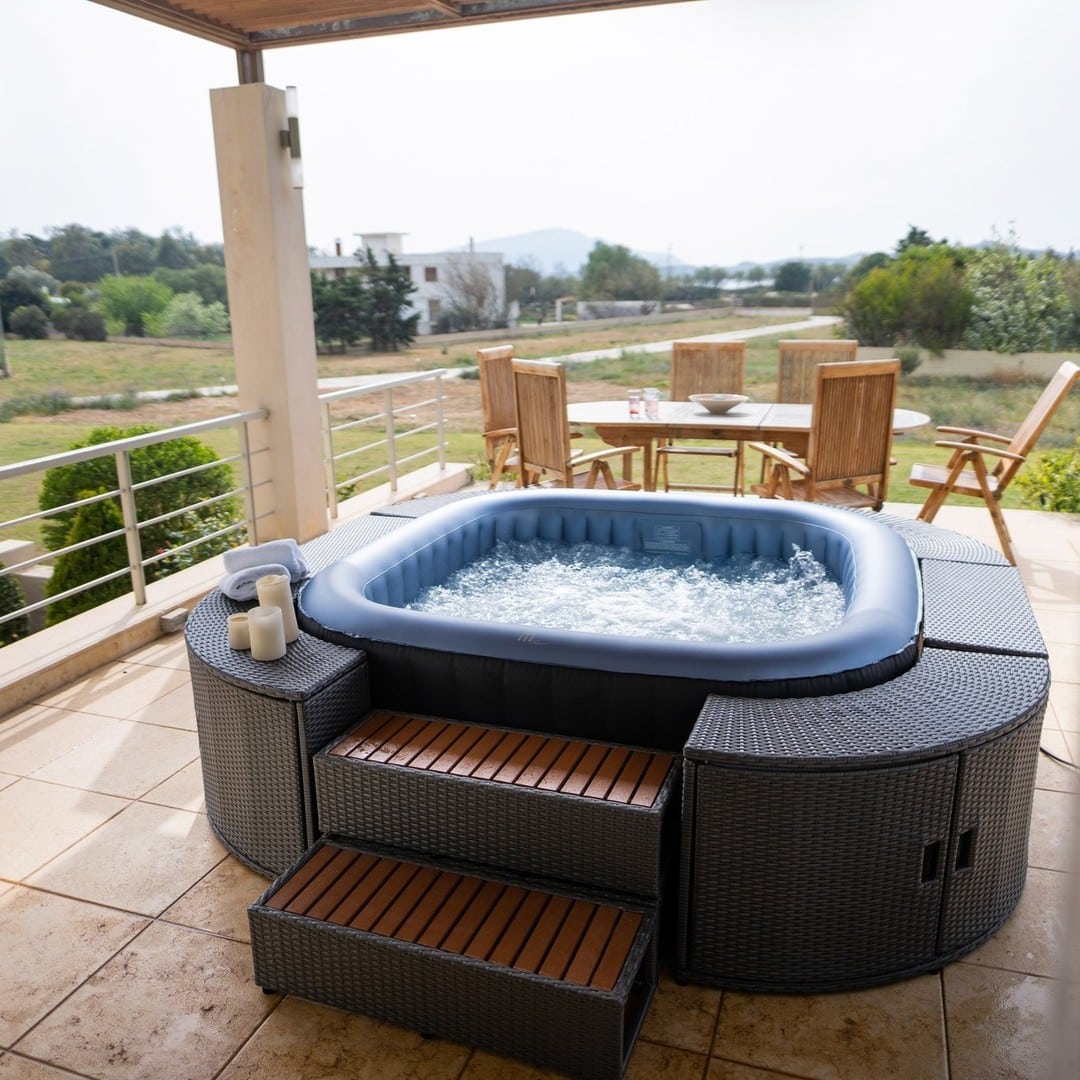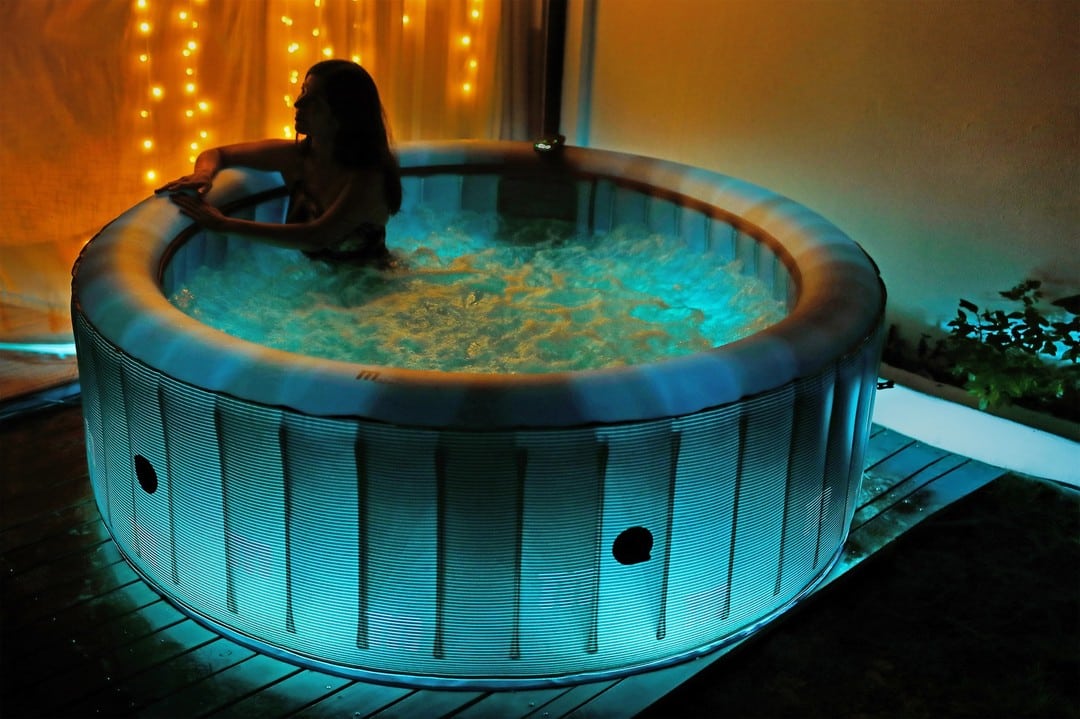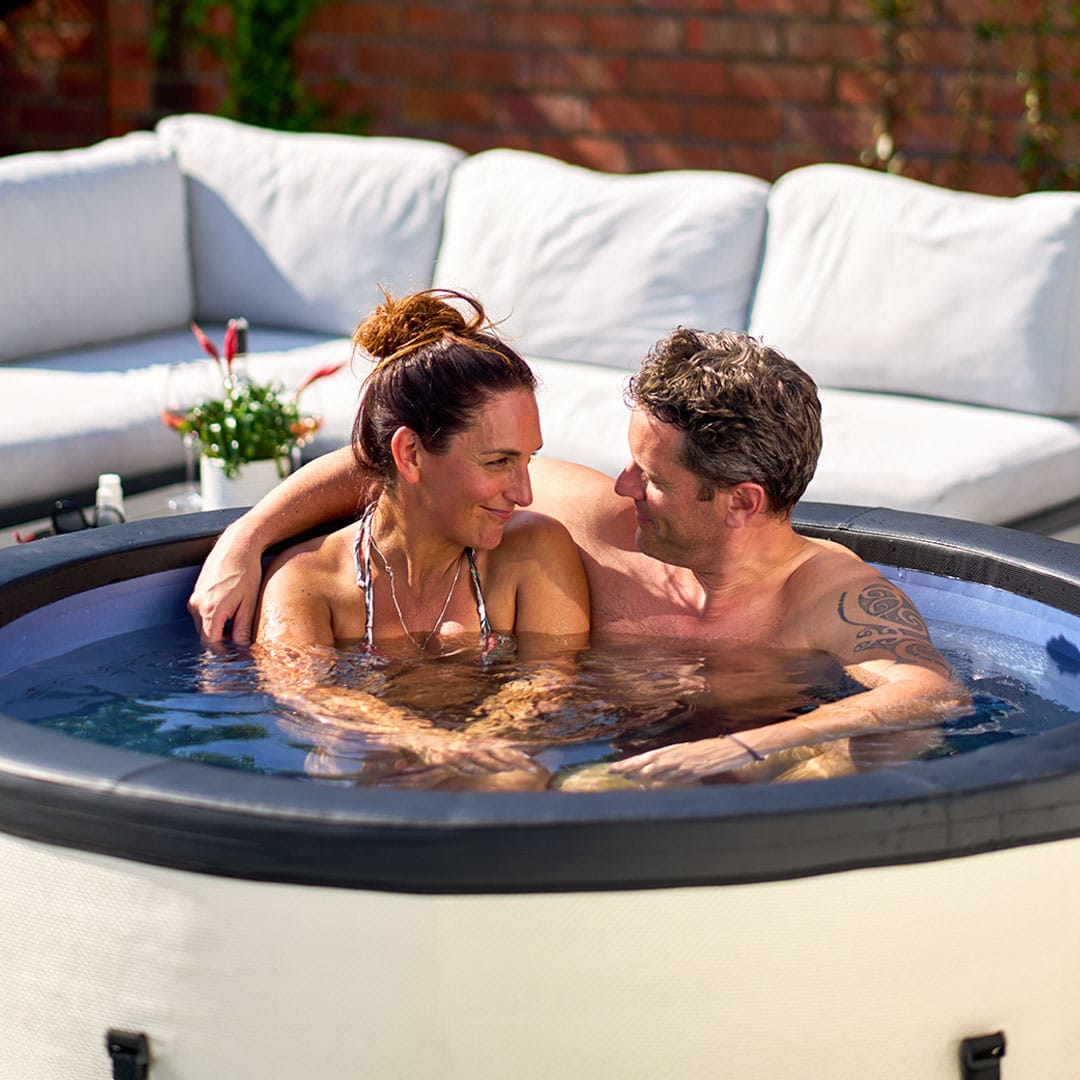Inhoudsopgawe
If you’ve ever had the opportunity to relax in a hot tub, you’re likely familiar with the soothing, therapeutic effects it offers. However, the benefits of using a hot tub extend far beyond just relaxation. Did you know that regular use of hot tubs can significantly improve your overall health and well-being?
Incorporating the use of a hot tub into your daily or weekly routine can help alleviate stress, improve your sleep, promote muscle relaxation, and even enhance your flexibility. In addition to these general benefits, hydrotherapy — which is the use of water to treat and heal the body — can provide even more significant advantages, especially when combined with modern features like hydromassage. While more research is needed to understand the full scope of hot tub therapy, several studies suggest it can be an effective treatment for various conditions, making it a valuable addition to your wellness regimen.
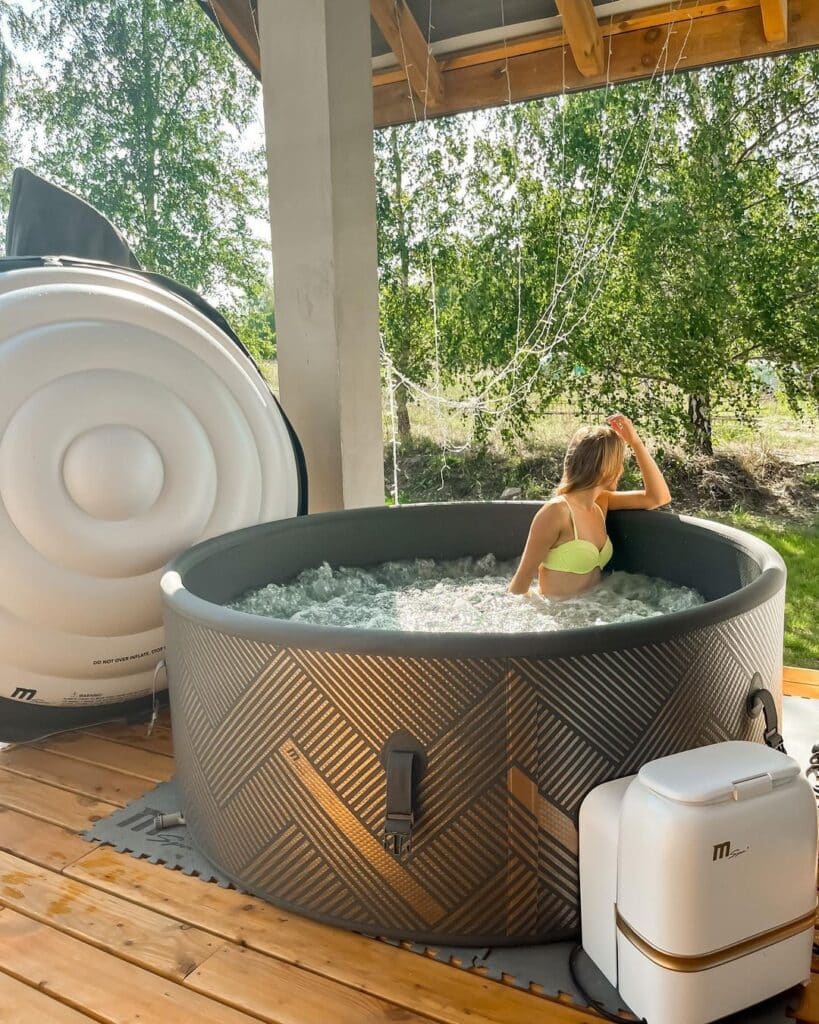
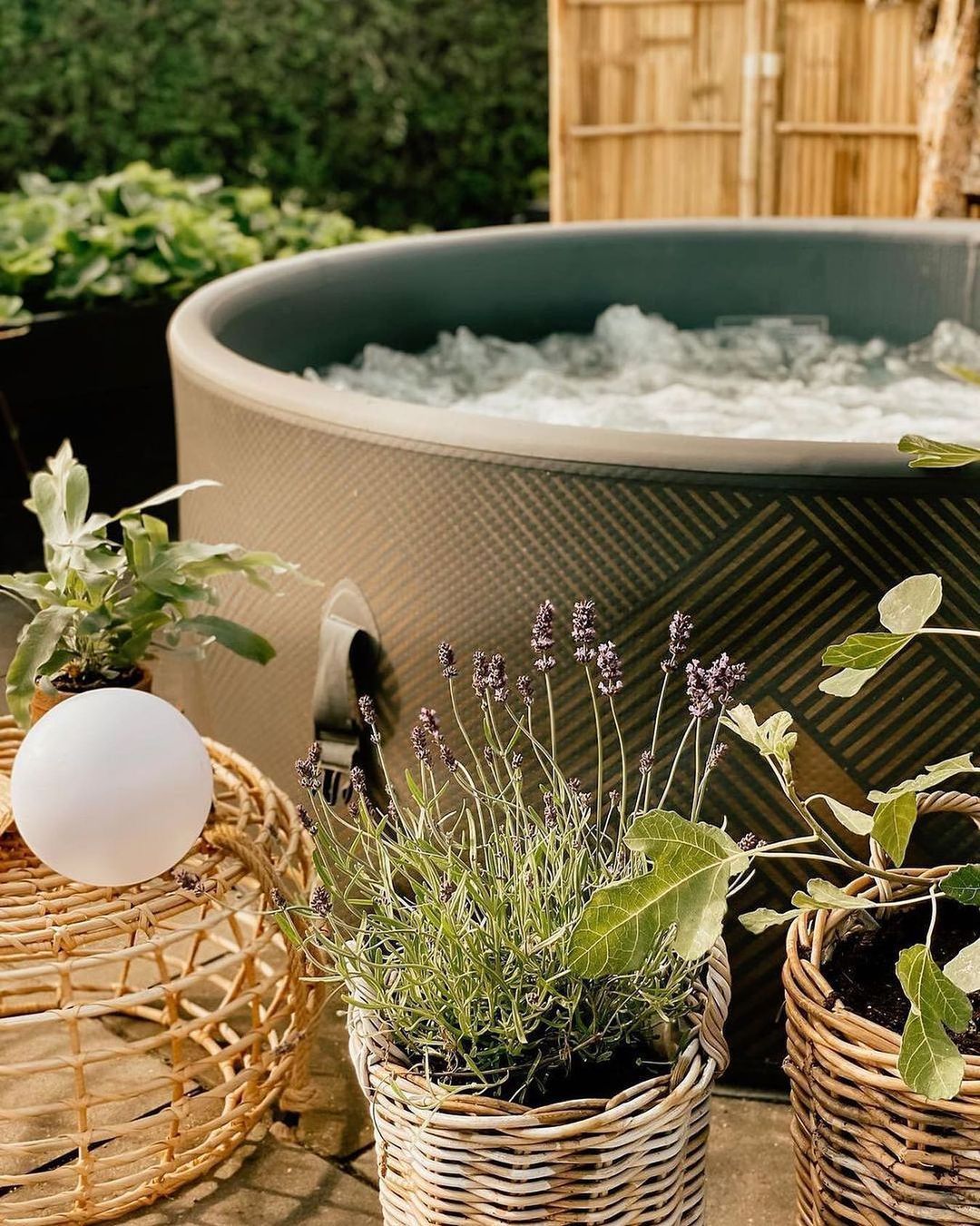


1. The Power of Hydrotherapy and Hot Tubs
Hydrotherapy is an ancient healing practice that uses water in various forms and temperatures to treat a range of medical conditions. While cold water is typically used for reducing swelling or inflammation, warm water is particularly effective in relieving pain and promoting circulation. This type of therapy is widely used in rehabilitation settings, such as physical therapy, to aid in recovery from injuries or surgery. Modern hot tubs enhance hydrotherapy by offering features like strategically placed jets that provide gentle water pressure and massaging effects. These innovations take hydrotherapy to the next level, allowing you to experience a deep, full-body relaxation that’s both soothing and therapeutic.2. Reducing Stress and Anxiety
Stress is a common issue that impacts nearly every part of our lives. It can cause muscle tension, headaches, digestive problems, and a range of other health issues. Fortunately, a soak in a hot tub offers an excellent remedy for stress relief. The combination of warm water and pulsating jets helps to relax both the body and the mind, reducing the physical symptoms of stress and providing psychological benefits as well. Research from the National Library of Medicine highlights that hydrotherapy can boost emotional well-being, making it an effective way to reduce anxiety and promote a sense of calm. For an added boost, consider creating a peaceful atmosphere with calming music, dim lighting, or even aromatherapy, all of which enhance the stress-relieving effects of your hot tub.
3. Improving Sleep Quality
Sleep disorders are a major problem for millions of people, leading to frustration, anxiety, and negative impacts on health. In fact, studies show that a large portion of the population suffers from chronic sleep disturbances, which can contribute to feelings of stress, irritability, and fatigue. Hot tubs can help break this cycle by promoting more restful sleep. A study involving older adults with insomnia found that soaking in hot water before bedtime significantly improved the quality of sleep. The heat from the water helps relax muscles and calm the nervous system, making it easier to fall asleep and stay asleep throughout the night. Regular evening soaks in your hot tub can create a peaceful, distraction-free environment that’s perfect for winding down at the end of the day.4. Muscle Relaxation and Recovery
If you’re dealing with sore or stiff muscles, a hot tub can work wonders. The combination of heat and massaging jets helps to ease muscle spasms, promote circulation, and relieve pain. The buoyancy of the water also helps to reduce pressure on joints and muscles, allowing for a greater sense of relaxation. Research shows that immersing your body in water that’s around 98℉ (37℃) for just 20 minutes can help dilate blood vessels and improve circulation. This enhances the flow of oxygen and nutrients to muscles and tissues, speeding up recovery and reducing inflammation. The pressure from the jets encourages the release of endorphins, the body’s natural painkillers, which can help reduce discomfort and promote overall healing.

